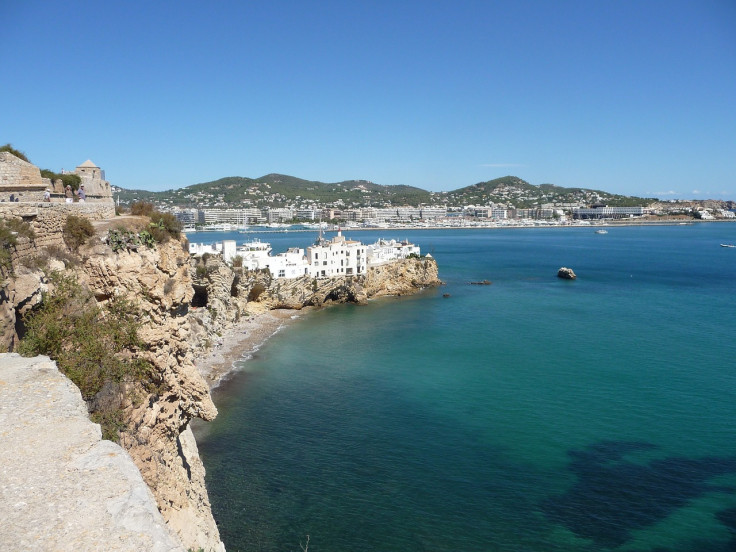British tourists warned not to travel to Ibiza as island is on dengue alert after travellers get infected

KEY POINTS
- Dengue is a mosquito-borne viral infection
- There is currently no specific cure or medicine to treat the disease
- Elderly patients, or those with other medical conditions, are at risk of developing severe dengue
Spanish Health officials have issued an alert over the risk of dengue fever after confirmed cases of the disease were found in Ibiza between the months of May and November.
The warning was issued after two German tourists who visited the Spanish holiday island tested positive for dengue. They had been on the island during the incubation period.
Details about the reported cases of dengue
According to the Spanish Health Ministry, the German authorities had notified them that six German citizens who visited the island of Ibiza were infected with dengue, as reported on Wednesday.
One German woman confirmed to have been infected with dengue was in Ibiza for a week in August 2022 just before symptoms appeared. The 27-year-old was travelling with her partner and 14-month-old daughter.
All of them started to show symptoms like fever, joint pain and a rash on Aug. 31 after they arrived back in Germany. However, only the woman was tested, and her antigen and antibody tests both came back positive for the virus.
The probable case is a 37-year-old woman who travelled to Ibiza and was in the same town as the first case, in 2022. She was travelling with her partner and her nine-year-old son. The family began showing symptoms during their holiday.
Only the mother attended the health services and the dengue diagnosis was made by detecting IgM antibodies exclusively.
According to the Spanish Health Ministry, a person who appears to have contracted dengue in Mexico seems to have started the outbreaks because the individual was residing in the same area as the two German families during their visit to Ibiza.
"Thanks to surveillance of imported cases, a probable index case was identified, coming from Mexico, who began symptoms on August 11th and remained in the same locality in Ibiza as the two cases described between August 11th and 31st," said a spokesperson.
What is dengue?
Dengue is a mosquito-borne viral infection that mostly occurs in tropical and subtropical areas. Those who become infected with the virus a second time are at a significantly greater risk of developing severe disease.
The mosquitoes in the U.K. do not spread the virus.
Symptoms of dengue
Some of the symptoms caused by the disease are as follows:
- Fever
- Nausea and vomiting
- Rashes
- Muscle and joint pain
- Severe headache
- Pain behind the eyes
- Widespread rash
- Loss of appetite
In most cases, the infection is mild and symptoms only last for about a week. There is currently no specific cure or medicine to treat the disease. Instead patients can treat specific symptoms and recover sooner by staying hydrated and getting plenty of rest.
In rare cases, some people might develop severe dengue, which is considered as a medical emergency. Elderly patients, or those with other medical conditions, are most at risk.
Severe dengue fever can include symptoms like
- Blood in the urine and stools
- Bleeding from the nose or gums
- Respiratory distress
- Organ failure
- Changes in mental state and unconsciousness
- Dangerously low blood pressure, etc
A blood and platelet transfusion, IV fluids for rehydration, and oxygen therapy if levels are low are typically used to treat severe dengue. It is advised to see a healthcare professional or go to the emergency department right away if you notice any alarming symptoms.
According to the Coordination Centre for Health Alerts and Emergencies (CCAES) in Spain, a mosquito species known as 'Aedes Albopictus', which is common throughout the Spanish Mediterranean region and the Balearic Islands as well as in some areas of the interior and north of the country, is considered as one of the probable dengue vectors.
Dengue was discovered for the first time on the island of Ibiza in 2014 and has been considered established throughout since then.
© Copyright IBTimes 2025. All rights reserved.





















